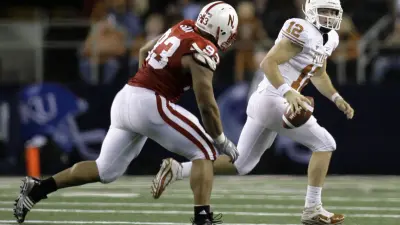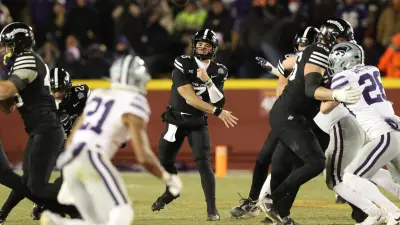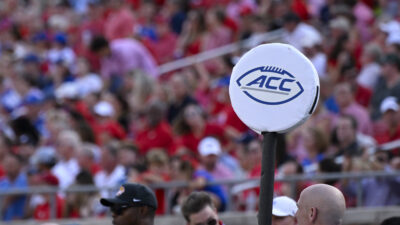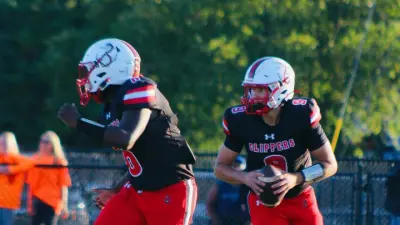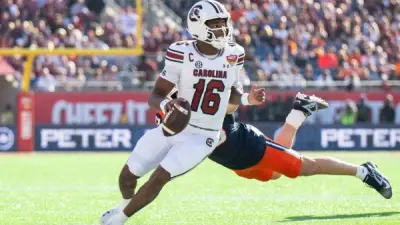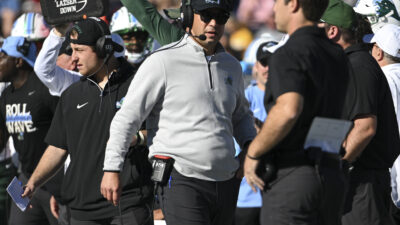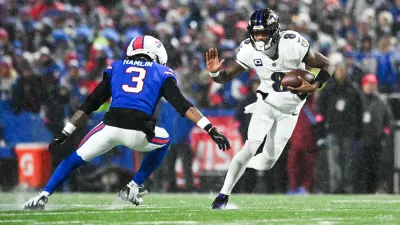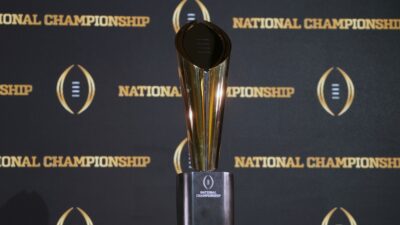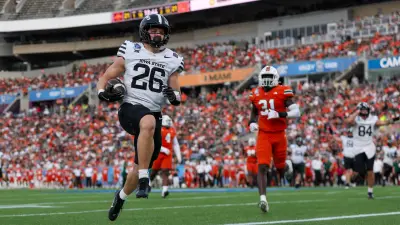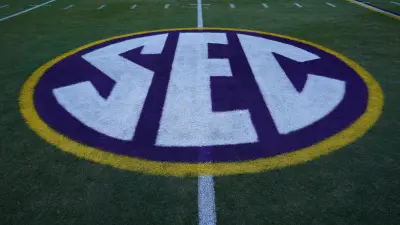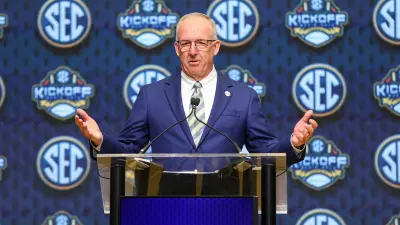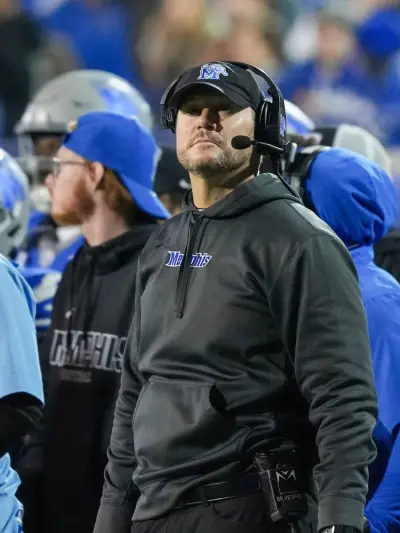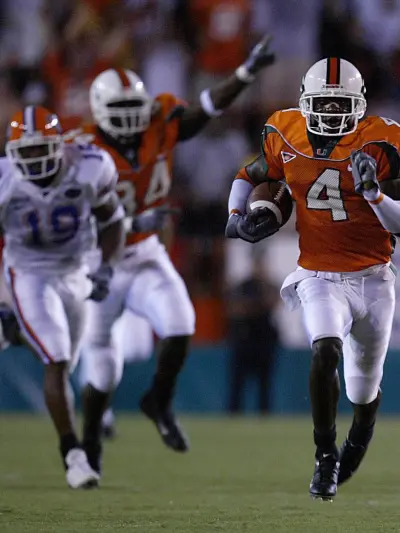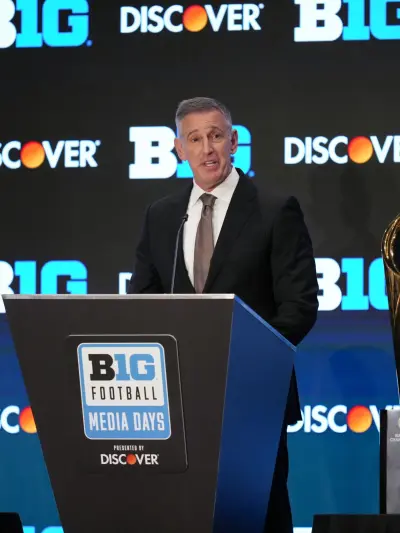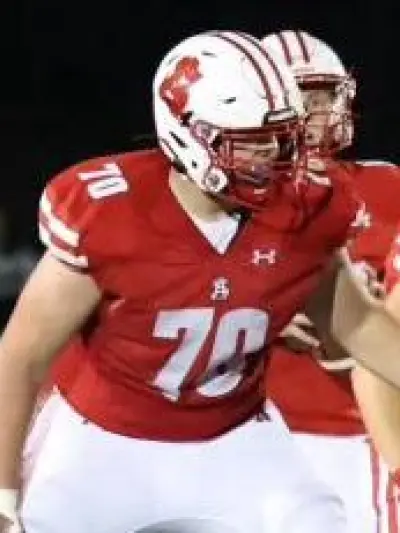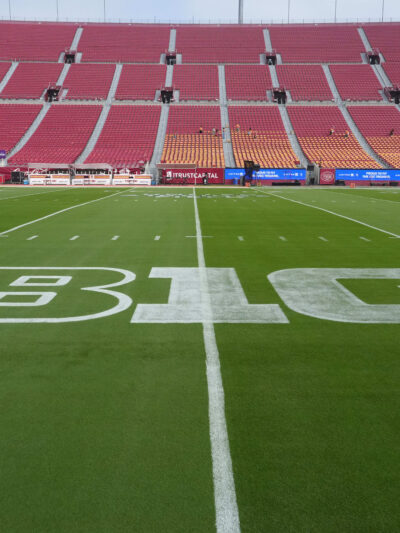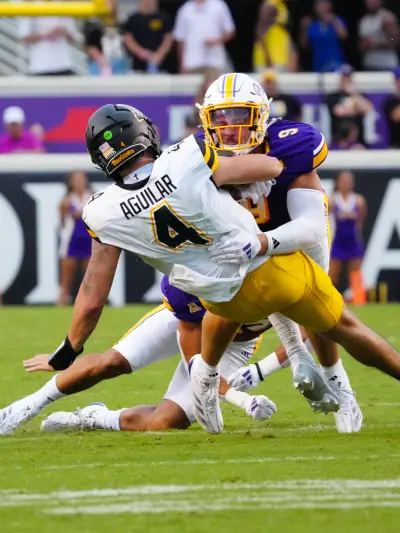By Rock Westfall
On December 5, 2009, the Texas Longhorns defeated the Nebraska Cornhuskers 13-12 in the Big 12 championship game. There continues to be a dispute about an extra second being put on the clock after an incomplete pass by Texas, allowing for the game-winning field goal. But even those with red-colored glass must painfully concede the correct call was made.
Incredibly enough, since that fateful night, the Horns and Huskers have had similar results. While Texas made the 2010-11 national championship game, where they were mauled 37-21 by Nick Saban’s emerging Alabama Crimson Tide dynasty, they were then in the wilderness until their 2023 College Football Playoff run. Nebraska continued to be a good but not great 9-win program until firing head coach Bo Pelini after the 2014 season, but have since paid the price for that catastrophic mistake.
The record shows that since the 2009 Big 12 championship game, Nebraska has won 87 out of 162 games for a .537 win percentage, while Texas has won 95 out of 164 contests for a somewhat better .579 win percentage. In almost all meaningful statistical categories, the teams have been close except for perhaps the most important indicator: Texas had a 21-1 advantage in 5-star recruits and a 180-75 advantage in 4-star recruits.
This dominant recruiting advantage begs the legitimate question of why Texas has not done better than Nebraska.
#3 Texas vs #22 Nebraska for the Big 12 Championship (2009) 🤘🌽 pic.twitter.com/a9QjZbwQQY
— College Football Report (@CFBRep) November 4, 2023
More Sports News
Doing Less With More… MUCH More
In 2011, Nebraska left the Big 12 Conference for the Big Ten. Also exiting the Big 12 were Missouri, Texas A&M, and Colorado. Thus, the Big 12 was watered down with only two marquee brands, Texas and Oklahoma.
Programs such as Kansas State, Baylor, Oklahoma State, and TCU (joined in 2012) were solid Big 12 programs that could win occasional league championships. But only Oklahoma and Texas had the brand cache and history of Nebraska. Meanwhile, Missouri was a top-20 program that played for two Big 12 championships and later for two SEC championships. Texas A&M would often show flashes of potential, and while falling short of Texas and Oklahoma, it did have a massive fan base with donors who printed cash.
In comparison, Nebraska left for a much tougher league. While the haughty Big Ten is nowhere near as great as it likes to believe, it has power brands such as Michigan, Ohio State, and Penn State. Additionally, Michigan State, Iowa, and Wisconsin were perennial top-20 or better programs when Nebraska joined.
Amazingly, with a Big 12 that Texas literally and figuratively ran with an iron fist as the de facto commissioner, and with competition not as good as what Nebraska was facing, Texas could not do significantly better than Nebraska.
Arrogant Texas should be ashamed of its failure to capitalize on all of its advantages. True, Nebraska has much to answer for as well, but Texas blew a sizeable recruiting, political power, and financial advantage in a lesser league.
Why?
I don't dislike Texas, I just find it kind of comical how they annually faceplant after being anointed a pre-season championship contender. Honestly, in the annual comically overrated department they're outdone by Texas A&Mhttps://t.co/UCnmrI9AOP
— David Burge (@iowahawkblog) July 6, 2023
A Culture of Tea-Sipping Pampered Entitlement
The Longhorns’ Texas-sized underachievement comes down to their sense of entitlement and inevitability. Texas wants for nothing and can fill in any dollar amount it desires on a donor’s check, bastardizing its culture.
The players saw all the money and how former athletic director DeLoss Dodds was the under-the-table commissioner of the Big 12, with frontmen serving as his puppets. With every advantage in the world, Texas arrogantly assumed their burnt orange jerseys would win games for them.
Also, the style of high school football in Texas has become basketball on grass. The emphasis on line play and rushing attacks was discarded for 7-on-7 football that lacked physicality. The finesse approach eventually made Texas soft under former head coach Mack Brown, who failed to crack the 10-win mark in his final four seasons with the Longhorns.
Like their unlimited wealth, Brown’s apparent strength of being able to “early-recruit” became a weakness. Brown would sign 5-star commits years in advance, and the program became one that was consumed by its glowing headlines. There was plenty of skill and speed in Austin, but it was entitled elite talent that seemed to prefer sipping tea in the shade. Texas became comfortable, vain, and privileged. In football, that is a recipe for disaster. And a disaster it was.
Since that 2009 classic, Texas wasted all its advantages in a weak league and failed to win another Big 12 championship until 2023.
The jury remains out on the Longhorns. Coach Steve Sarkisian seems to have Texas going in the right direction. But in 2024, Texas joins the man-eating SEC, where it just means more and there are no weeks off. There is going to be a culture shock.
.@mfarrellsports on if the BYU loss contributed to Mack Brown being fired at Texas:
“There’s an arrogance about Texas. Out of conference losses really get under the skin of boosters. The BYU game was certainly a factor. They felt the program needed some youth and excitement." pic.twitter.com/71oSsQBvnx
— Ben Criddle (@CriddleBenjamin) July 18, 2022
A New Rhule
It is a strange irony that Nebraska has been close to Texas since the 2009 Big 12 title game. Nebraska has money, but nothing like Texas. And Nebraska is a state that produces a minuscule amount of Power Four talent compared to Texas. Yet they have been nearly as good as Texas while playing in a tougher league.
Even in down years, Nebraska has enjoyed a better work ethic and deeper program pride than Texas; in its glory days under Bob Devaney and Tom Osborne, the Midwestern farm ethic and of hard work and determination became a tradition and carried the Big Red, even when they boasted their share of elite talent.
Second-year head coach Matt Rhule has the enthusiasm of a convert to the state. The native New Yorker is “more Catholic than the Pope” when it comes to his love and appreciation for Nebraska, where he savors the state motto of “The Good Life.”
Rhule is a fearless, uncompromising, demanding taskmaster. He defies players to leave the program and refuses to take players who want nothing more than the bag. Yet, at the same time, Rhule cares deeply about his players and their future. His program offers a complete culture that sets young men up for the next 50 years. Nebraska offers a brotherhood and life experience that quality players with character are flocking to.
Few, if any, teams in college football will have more fortitude and grit than Nebraska. Certainly not Texas. It is not possible to build a culture of toughness in elitist, “progressive” Austin, where the beautiful, cool people come to hang out. Indeed, Matthew McConaughey personifies an Austin guy. In comparison, Nebraska boasts Larry the Cable Guy. It’s not an accident.
While Texas sips tea in the shade, Nebraska drinks water out of a garden hose in the blazing summer sun. Texas is a comfortable gentleman farmer, working the numbers and checking its stock portfolio in air-conditioned luxury, while Nebraska works the fields before dawn through twilight.
Football remains a game of character and sacrifice. Just look a Texas over the past 15 years. They had everything and squandered it. Nebraska was a mess and yet stayed close to Texas.
It will not be a surprise if Nebraska eventually surpasses Texas on the gridiron.
Character counts.
Matt Rhule's passion for his new home state and job is paying dividends and bodes well for a Big Red Reign of Glory in the future. Check it out at the Home of the Godfather! https://t.co/UWYFd8qbdn
— Rock Westfall (@rockwestfall711) February 8, 2024
